Got an extra hour in bed and still tired? Experts explain 3 reasons why
The clocks have gone back, but you've woken up groggy — we're here to help
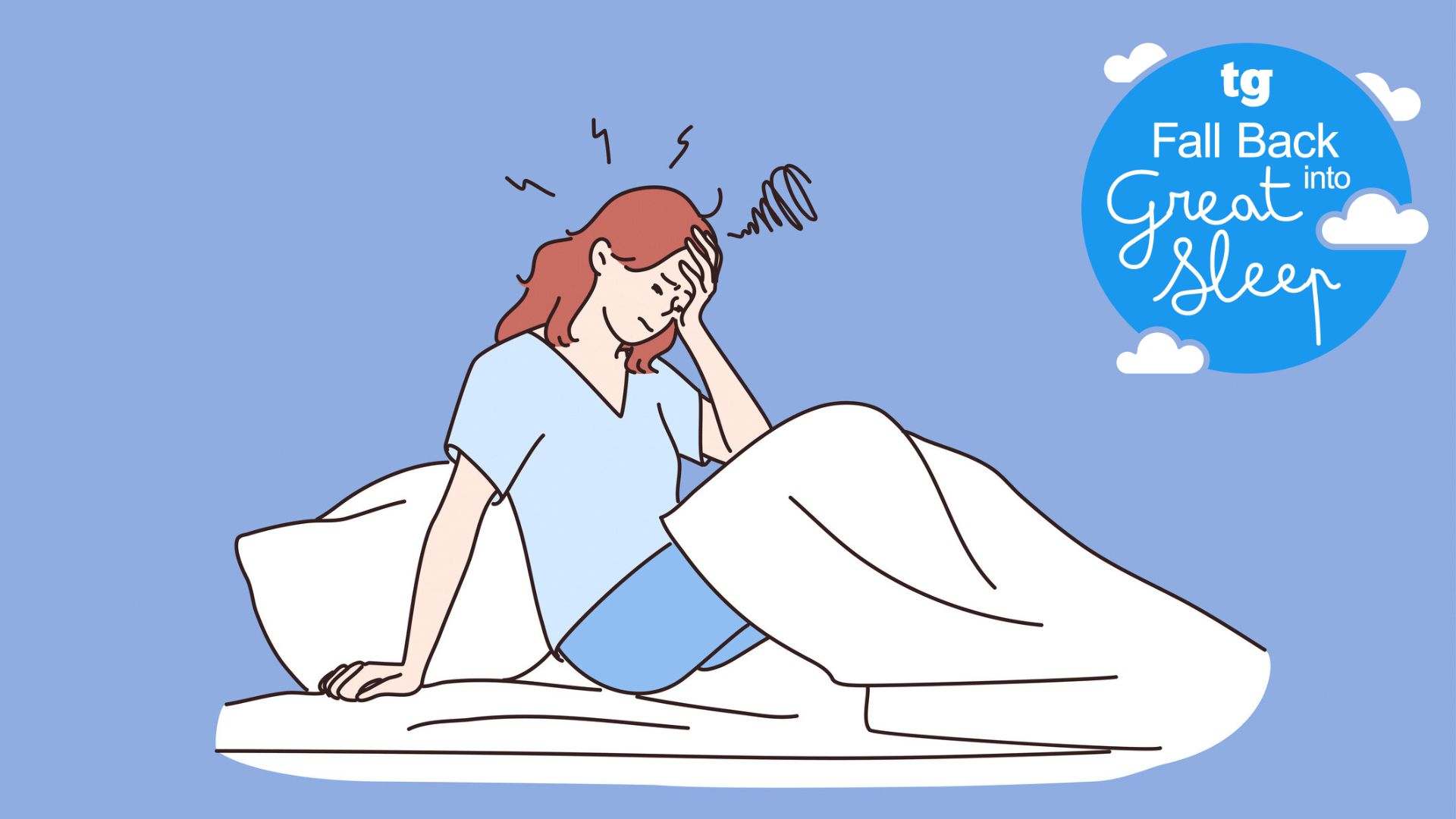
The past week has seen a taster of the wet, grey, colder weather that typically dominates autumn and winter in the UK. But if you're feeling glum about the impending months, this weekend has provided one (metaphorical) bright spot: the clocks have gone back.
This equates to an extra hour in bed and, for a while at least, lighter mornings. But even with that delicious additional 60 minutes of sleep on the best mattress for your needs, you may have found that you woke up tired on Sunday morning.
If that's the case, we're here to explain why that may be, and to give you some tips on how to maximise your rest amid the clocks changing so you can Fall Back into Great Sleep. Read on to find out more...
When did the clocks go back?
The clocks change twice a year in the UK; going forward by one hour on the last Sunday of March to mark the beginning of Daylight Saving Time/ British Summer Time and back by one hour on the last Sunday of October, to mark the end of DST and a return to Greenwhich Mean Time.
This year, that fell on Sunday, October 26th, when at 2am, the clocks went back by one hour. So if you dropped off at 11pm on Saturday October 25, and woke up at 7am the following morning, you would have totalled nine hours of sleep, instead of eight.
The purpose of the clocks changing is to maximise daylight hours, so that means lighter evenings in spring and summer, and lighter mornings in autumn and winter.
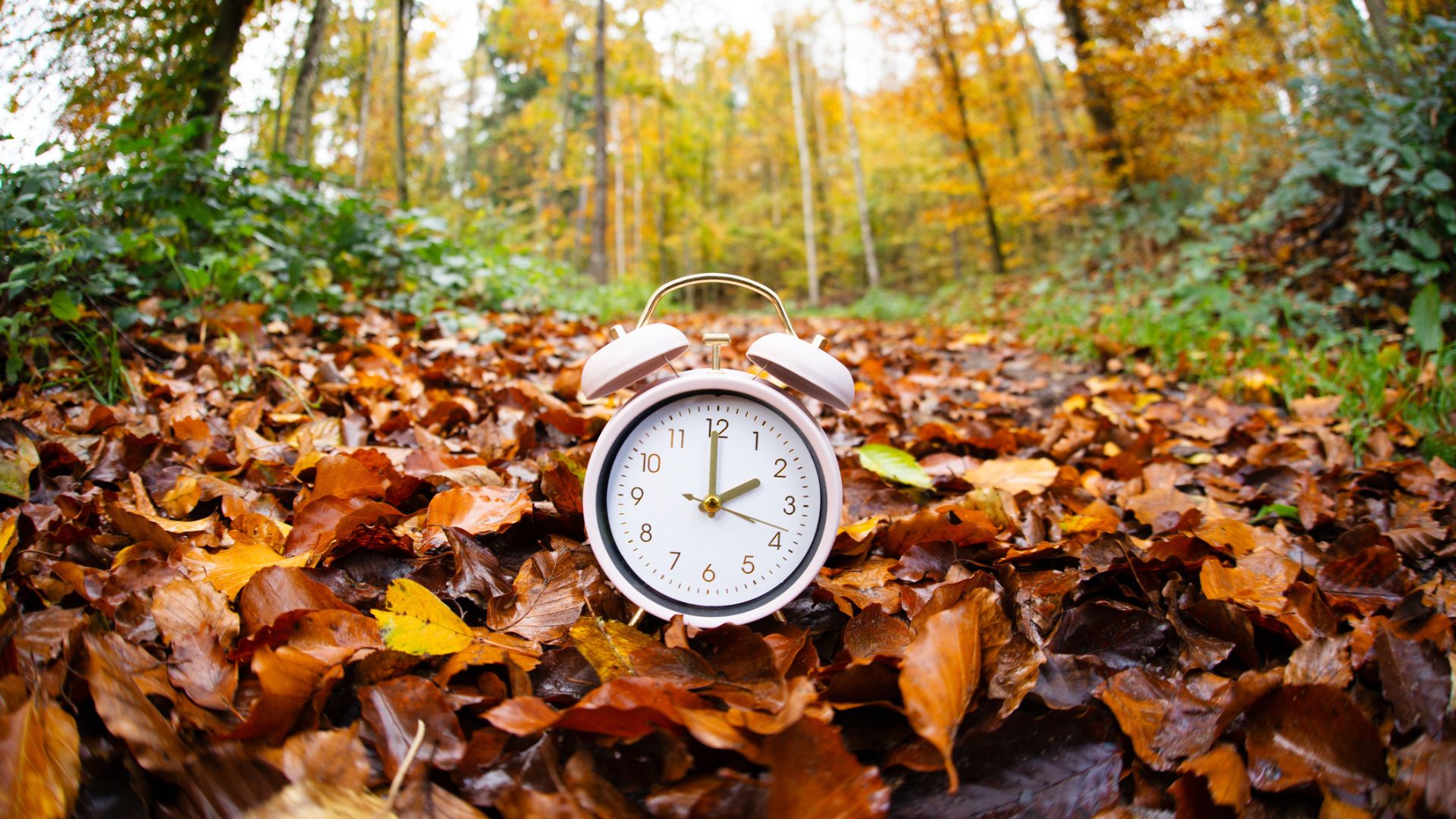
3 reasons why you're still tired after the extra hour of sleep
1. You've overslept
Sleep is great, but getting too much can mean that you wake up feeling groggy and slow. This is known as sleep inertia, and while we always experience a degree of it upon waking, it can be more significant if you wake up during the 'wrong' stage of a sleep cycle.
Get instant access to breaking news, the hottest reviews, great deals and helpful tips.
At 9 hours, you might land in the middle of deep sleep, triggering inertia
"Sleeping longer than your usual amount can actually leave you feeling more tired because oversleeping disrupts your normal sleep rhythm and can push you into a deeper phase of sleep just before waking leading to sleep inertia," says Dr. Olalekan Otulana, a GP and physician at Cassioburt Court practice in the UK.
For example, you might normally sleep for around 7-8 hours but ended up having 9 hours sleep because of the clocks going back.
"At 7.5 hours, you might be waking at the end of a cycle, in lighter sleep, which makes getting up feel easier. At 9 hours, you might land in the middle of deep sleep, triggering inertia," UKCP psychotherapist and sleep specialist Heather Darwall-Smith previously told us.
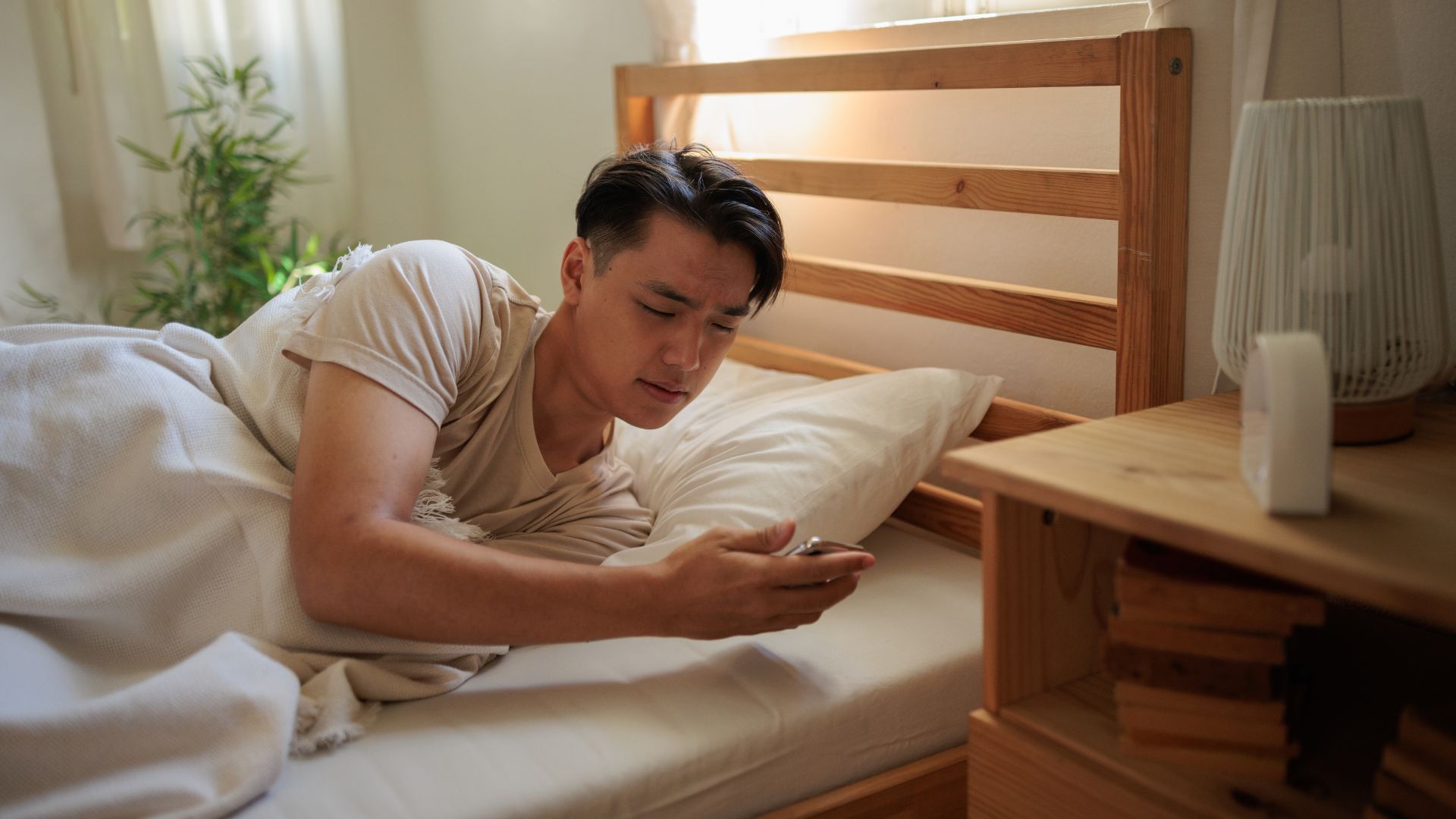
2. Your body clock is confused
"When the clocks go back your internal circadian rhythm will temporarily fall out of sync with the new time," says Dr. Otulana.
"It can take a few days for your body clock to readjust so you might feel more tired in the mornings or find it harder to fall asleep at night," he adds.
It can take about a week for your internal clock to adjust
Our circadian rhythm controls our sleep-wake cycle, including the release of hormones that help us feel sleepy and awake, and it relies on cues of light and darkness remaining consistent in order to stay regulated.
However, when the clocks go back in late October, the sunrise and sunset both move an hour earlier after the change.
Dr. Chelsea Parry previously explained to Tom's Guide that "it can take about a week for your internal clock to adjust, especially if you’re sensitive to changes in light."
“When we set the clocks back, your body and brain might experience a temporary imbalance in the production of melatonin, the hormone that regulates sleep, and cortisol, the hormone associated with alertness," she said.
In fact, the position of the American Academy of Sleep Medicine is that because the clocks changing twice a year disrupts our natural circadian rhythm, Daylight Saving Time should be abolished and replaced with permanent Standard Time.
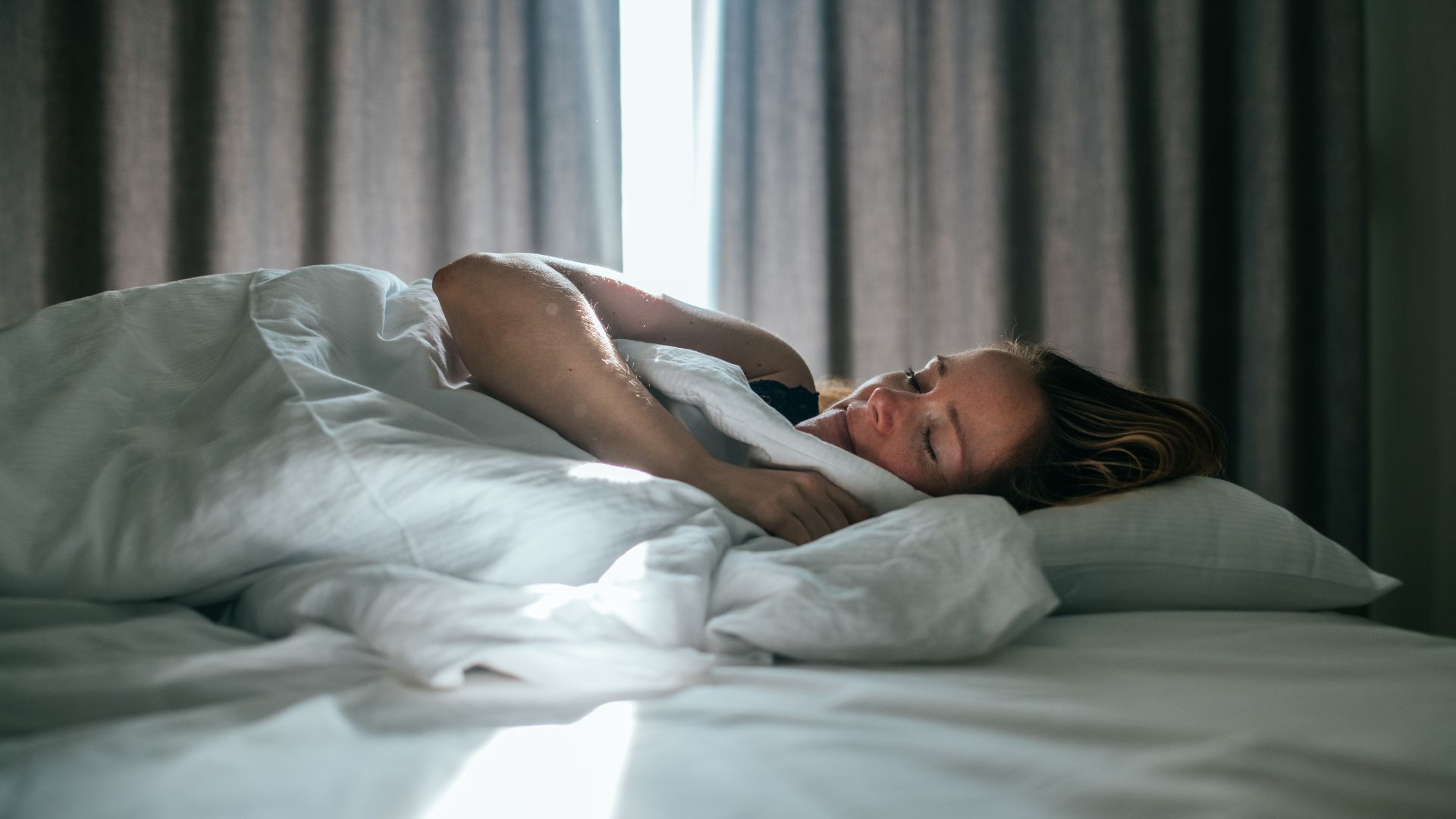
3. You've had 'junk' sleep
Sadly, simply clocking up plenty of hours doesn't always mean you've got the restorative sleep you need.
If your Saturday night included drinking alcohol, treating yourself to stimulants like chocolate (which often contains caffeine), or you stayed up late scrolling or watching TV, your sleep may well have been affected.
"Even if you get a full 8 hours, the quality of your sleep matters. Alcohol, caffeine or being on screens can impact your sleep," says Dr. Otulana.
Even if you get a full 8 hours, the quality of your sleep matters
A recent study found that caffeine consumption in the hours before bed can result in our brains remaining active and in a less restorative state even while we sleep.
While looking at screens (particularly your smartphone) in bed can lead to a hyper-stimulated state, keep the brain alert and, depending on what you're watching or reading, even activate the body's stress response.
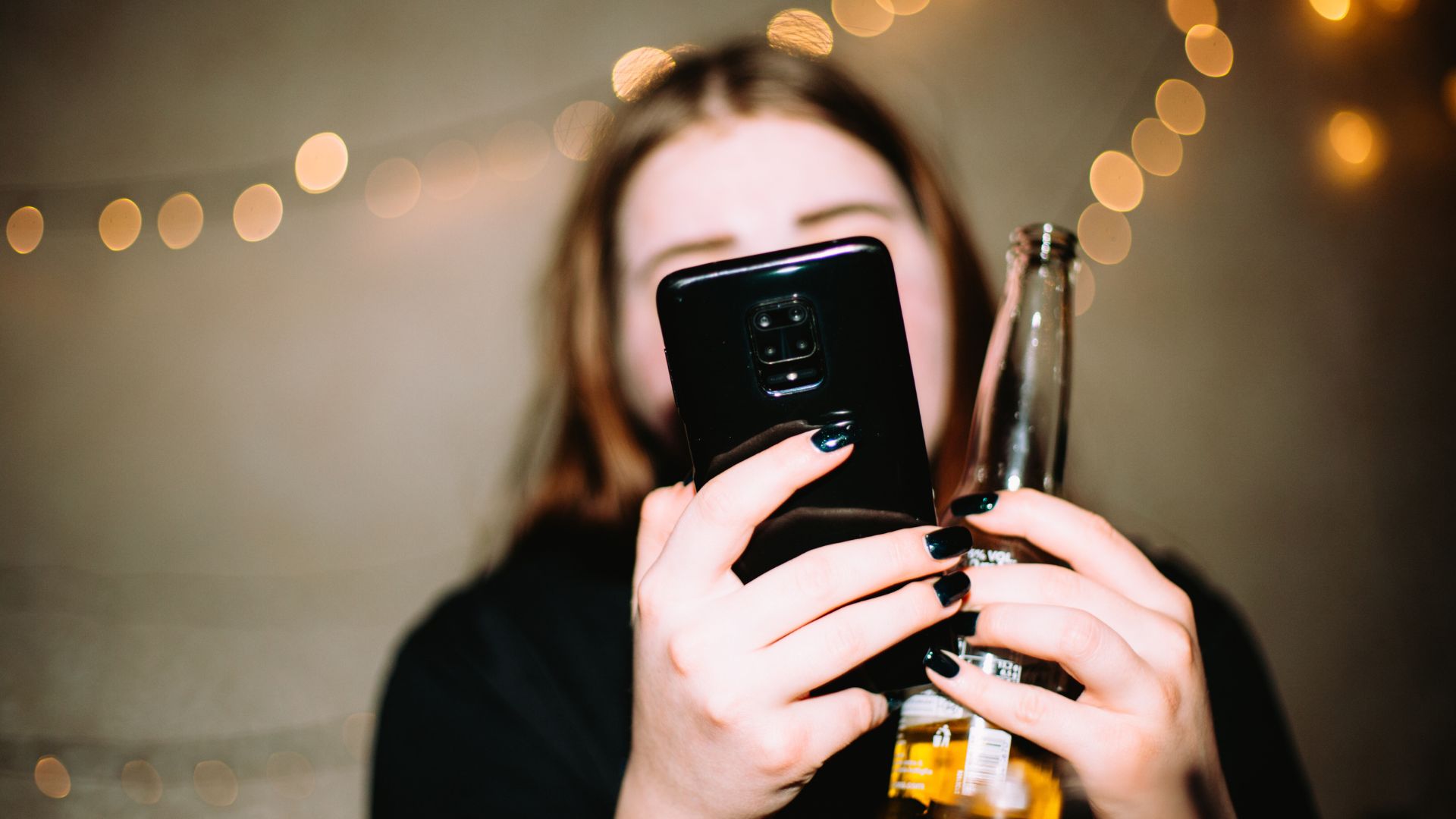
And though alcohol's sedative effect might help you initially fall asleep, Dr. Kaylor. told us that people who drink it ahead of sleeping can see “disruptions in their sleep architecture, including reduced REM sleep, frequent awakenings, and shallow rest."
So, unfortunately your evening habits might have negated the benefit of that extra hour of rest.
How to combat the clock change
Keep your schedule consistent
Although the clocks going back can be disruptive to our circadian rhythm, the best way you can keep it on track is maintaining the same bedtime and wake times throughout the week.
Waking up at the same time every day keeps your circadian rhythm steady
"Going to bed and waking up at the same time each day helps your body clock stay stable. Consistency strengthens your sleep/wake rhythm making it easier to fall asleep and wake up naturally," says Dr. Otulana.
Another benefit of a consistent sleep schedule is that you're maximising your chances of waking up feeling fresh.
"Waking up at the same time every day keeps your circadian rhythm steady, making it more likely you’ll wake from lighter sleep," Darwall-Smith explained to us.
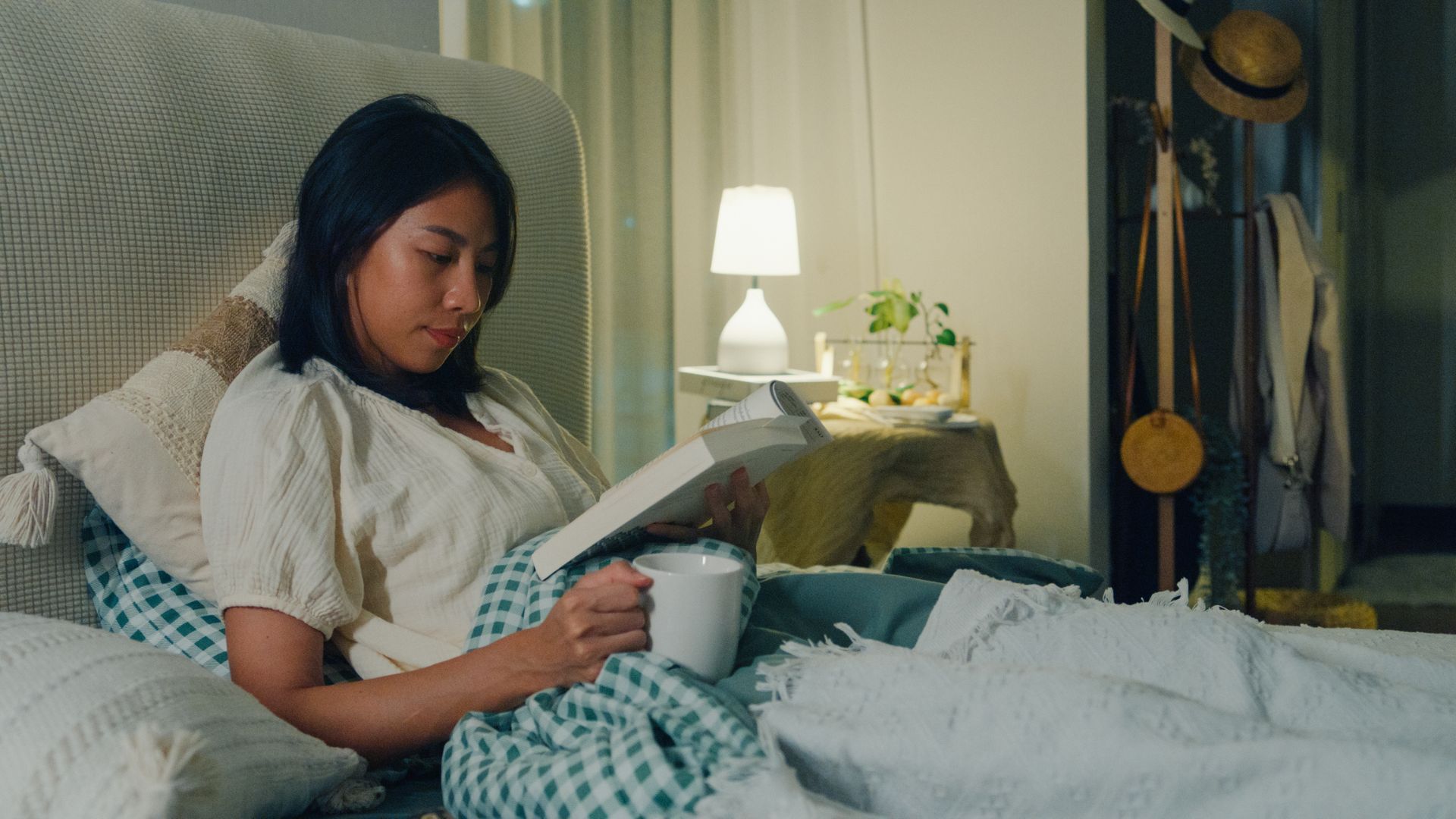
Don't be tempted to nap
This one might be hard to resist on a Sunday, when you likely have the time spare for a quick afternoon snooze.
It is better to stay awake until your normal bedtime
While Dr. Otulana says that "short naps are fine occasionally," he cautions that "they can interfere with your body’s natural drive for sleep later on. and especially when your sleep cycle is already adjusting."
Essentially napping is going to contribute to the reduction of your sleep drive, which will make it harder to drop off later on.
"It is better to stay awake until your normal bedtime," advises Dr. Otulana.
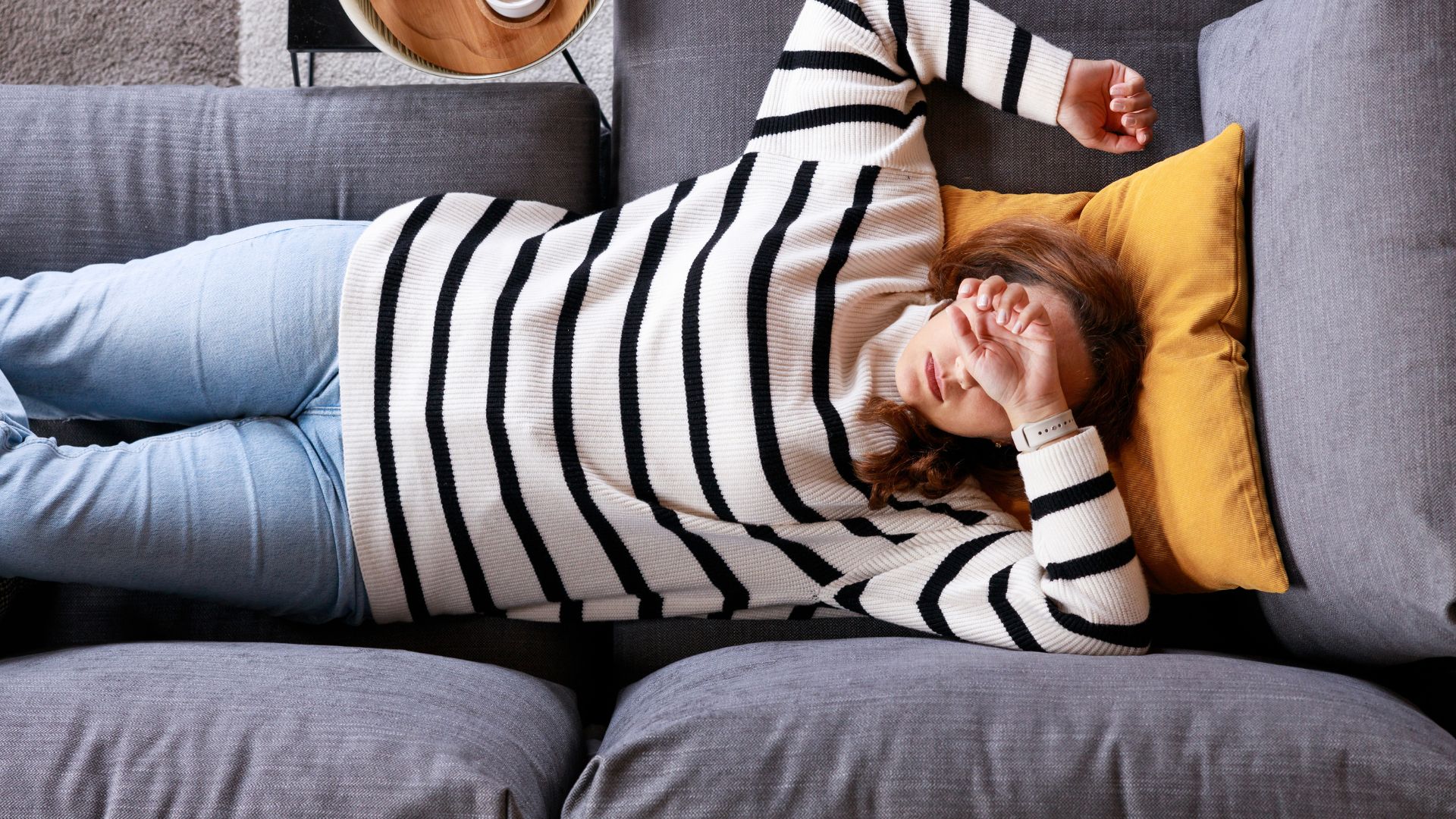
Get outside
We get it, it's cold and dark in autumn and winter. But stepping outside into the crisp, bright morning sunlight (or possibly slightly grey, drizzly light) is going to help counteract grogginess and help regulate your circadian rhythm.
"Light essentially signals to your brain that it’s time to be awake," says Dr. Otulana.
And, as Dr. Kaylor previously told us, morning sunlight exposure will "reset your body clock. This will help suppress melatonin production, keeping you energized throughout the day and naturally feeling sleepy at night."
Jenny Haward is a U.K. based freelance journalist and editor with more than 15 years of experience in digital and print media. Her work has appeared in PEOPLE, Newsweek, Huffpost, Stylist, ELLE, The Sydney Morning Herald and more. Jenny specializes in health, wellness and lifestyle, taking a particular interest in sleep.
You must confirm your public display name before commenting
Please logout and then login again, you will then be prompted to enter your display name.
 Club Benefits
Club Benefits





